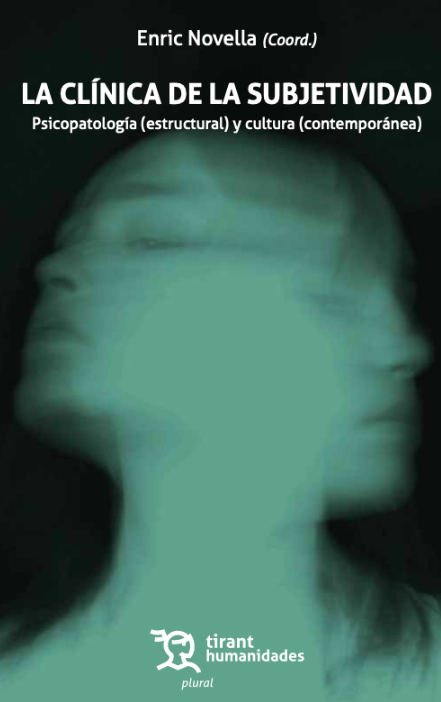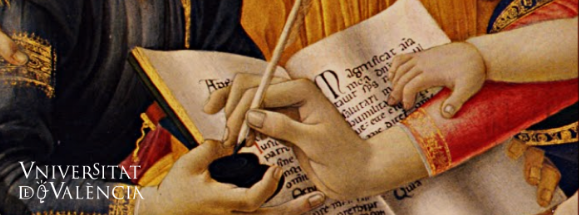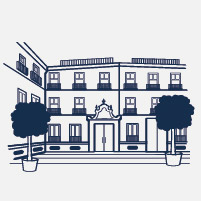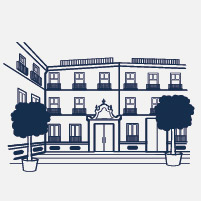
08/01/26
Publication of the collective volume ‘La clínica de la subjetividad’ (The Clinic of Subjectivity), coordinated by Enric Novella
Enric Novella, professor of history of science at the University of Valencia and researcher at the IILP, has coordinated the publication of the collective volume La clínica de la subjetividad. Psychopathology (structural) and culture (contemporary), published at the end of 2025 by Tirant Humanities. Attached is the text of your editorial presentation.
Starting from the widely held view that psychiatry and clinical psychology face a significant crisis of legitimacy stemming from their insistence on tackling the study of subjectivity with the methods and assumptions of the natural sciences, this book examines from a multidisciplinary perspective (historical, clinical, anthropological and literary) the origins, foundations and cultural embedding of the holistic, reconstructive and hermeneutic approach to the experience of madness and psychic suffering advocated by structural psychopathology and, more specifically, by phenomenological-anthropological psychopathology. In this way, its successive chapters address the historical trajectory, the epistemological demands and the current relevance of the (structural) psychopathology project in the context of the prevailing dissatisfaction with the impoverishment (or the very abolition) of psychopathological activity, of the enormous projection of psi knowledge and practices into contemporary societies and of the growing historiographical and cultural interest in the experience of otherness, autobiographical narratives and testimonial literature.

22/12/25
Christmas Timetable 2025
On the occasion of the Christmas and New Year holidays, the Biblioteca Historicomèdica will have the following opening hours:
• Researchers' room and staff-assisted services (lending, room consultation, etc.): Closed from 23 December to 6 January, both included. On Decemer 22 the room will remain closed in the afternoon. On January 7 the room will be open from 1:00 pm to 8:00 pm.
• Study room: Closed from 24 December to 6 January inclusive, with the exception of 29 and 30 December, which will be open from 8:00 am to 2:00 pm.Merry Christmas!!

16/12/25
Publication of the monograph “Vernacularities in Medieval and Renaissance Science: Texts, Creators, Professionals” in Magnificat magazine
Issue 12 of the journal Magnificat. Cultura i literatura medievals, published by the University of Valencia, has just released the monographic dossier “Vernacularitats en la ciència medieval i renaixentista: textos, creadors, professionals” (Vernacularities in Medieval and Renaissance Science: Texts, Creators, Professionals), coordinated by Lluís Cifuentes (UV) and Carmel Ferragud (IILP-UV). It includes nine articles by members of the research project funded by the Ministry of Science and Innovation, which bears the same name as the monograph and whose IP1 and IP2 are both coordinators. The works included are dedicated to Catalan (3), Occitan (5), Castilian (8), and Venetian (9) medical translations; medical texts in the vernacular mixed with Hebrew (1, 2); specialized vocabulary (2); the practice of medicine (3, 6, 7); and the environment of the Valencian physician and literary creator Jaume Roig (4).
Works published by Carmel Ferragud, researcher at the Institute, and Marialuz López Terrada (INGENIO, CSIC-UPV), close collaborator:
Lluís Cifuentes and Carmel Ferragud, “Joan Jacme, surgeon to James I and Peter the Great, author of the Catalan translation of Alcoatí's ”*Kitāb al-*ʿuyūn“ (”Book of the Eyes“)”: https://turia.uv.es/index.php/MCLM/article/view/30840
Marialuz López Terrada, “The practice of surgery in a Renaissance hospital: the surgeons of the General Hospital of Valencia in the 16th century”: https://turia.uv.es/index.php/MCLM/article/view/29886
Open access to all articles: https://turia.uv.es/index.php/MCLM/index

18/11/25
Library closed in the afternoons of 21, 24 and 25 of November
The Researchers' Room of the Biblioteca Historicomèdica will be closed on the afternoons of next 21, 24 and 25 of November (from 14:00h on). You will have the Study Room on the first floor at your disposal.
If you need to return your book, you can leave it at the concierge desk on the ground floor.
We apologise for any inconvenience

21/10/25
Library closed in the afternoons of 30 and 31 of June
The Researchers' Room of the Biblioteca Historicomèdica will be closed on the afternoons of next 30 and 31 of october (from 14:00h on). You will have the Study Room on the first floor at your disposal.
If you need to return your book, you can leave it at the concierge desk on the ground floor.
We apologise for any inconvenience

06/10/25
Library closed on the afternoon of October 8
The Research Room at the Historicomèdica Library will be closed on the afternoon of Wednesday, October 8 (from 2:00 p.m. onwards). The Study Room on the first floor will remain open.
If you need to return a book, you can leave it at the concierge desk on the ground floor.
We apologize for any inconvenience.





























